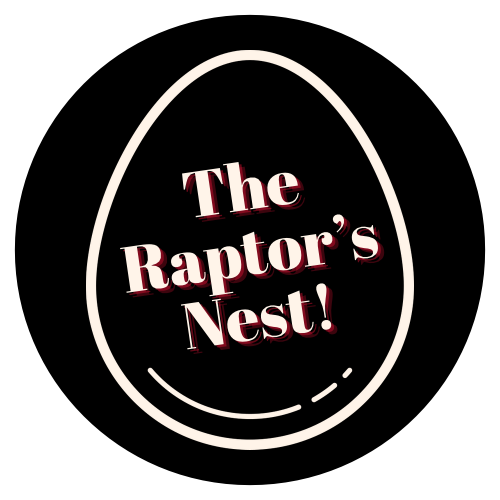It might sound silly, but knowing how to set goals is extremely important. It is not only important for professional development but for personal growth as well. All through high school I was asked what goals I had for my future self, but I was never asked how I was going to be able to achieve those goals. You can’t have a goal and just expect to reach it. You have to have some type of plan to reach your goal whether it has to change due to specific circumstances or not. So I am here to help you figure out how to
set goals and how to make them happen. I first learned how to set actual goals when I learned about SMART goals. This system has helped me every semester to get the grades that I wanted or at least close grades. I’m not saying that if you just use SMART goals that you will get 100% of what
you want, but it helps keep you on track by reminding you that this is what you are working towards. It is also something that can be used for any type of goal no matter if it is short or long term.
But what in the world is SMART goals and how do you utilize it you, may ask. Well, here it is:
Specific: This means that your goal is meaningful to you, direct, and detailed. Basically it is asking you, what do you want to do? This is the typical question that we all get asked at one point or another. This might end up being the easiest or hardest question depending on if you know or not.
Measurable: This lets you figure out a way to tell if you are getting to your goal or just wandering around aimlessly. Almost all goals must have little goals within it, and those little goals are the way you can keep track to getting where you want to be.
Attainable: This lets you know if your overall goal is something that is actually achievable and realistic. You must have the tools to do it or the resources to help you find those tools in order to be able to achieve what you want.
Relevant: You have to make sure that the goals that you set within your main goal are actually going to get you to that end result. You can not just set smaller goals that have nothing to do with getting you to that larger goal. If you do this it may feel like you have done absolutely everything in your power to accomplish your goal when you haven’t actually made any progress. This may be one of the hardest tasks, but it makes you think about what you can do to be successful.
Time-bound: This is whether or not the goal that you have has a deadline or not. Of course, this depends on what you are using the SMART goals for, like, career wise or personally.
Here’s an example of how I have used SMART goals in the past:
Specific: I want to be an athletic trainer and physical therapist who works with the Philadelphia Flyers hockey team after I graduate from graduate school.
Measurable: I will measure this by many little goals. Those including the daily goals of getting work done for all my classes, and at the end of the semester to have good grades in all my classes. Also the goals that I set up outside of school work is to find opportunities that relate to what career I would like to go into, and finding jobs that will help me get my foot in the door.
Attainable: This goal is achievable because I can do well in my courses through being able to take well written notes and going to office hours. If I am not being able to do well in my course by doing the prior things then there are resources on campus to help me like the Learning Center. I can also gain opportunities through talking to current athletic trainers and utilizing past connections to help.
Relevant: These goals are relevant because doing well in my courses will help me get into graduate school to gain this type of degree. Also gaining experience in this field will help me show that I am interested and determined, gaining me more of a chance to be accepted into my desired graduate program. This will also help me gain knowledge in the field to help me understand things that are not in the textbooks.
Time-bound: The deadline for this specific goal is the end of my graduate school years.
Written by LeAnne H., a Rutgers—Camden Undergraduate Student and Raptor Ambassador.

